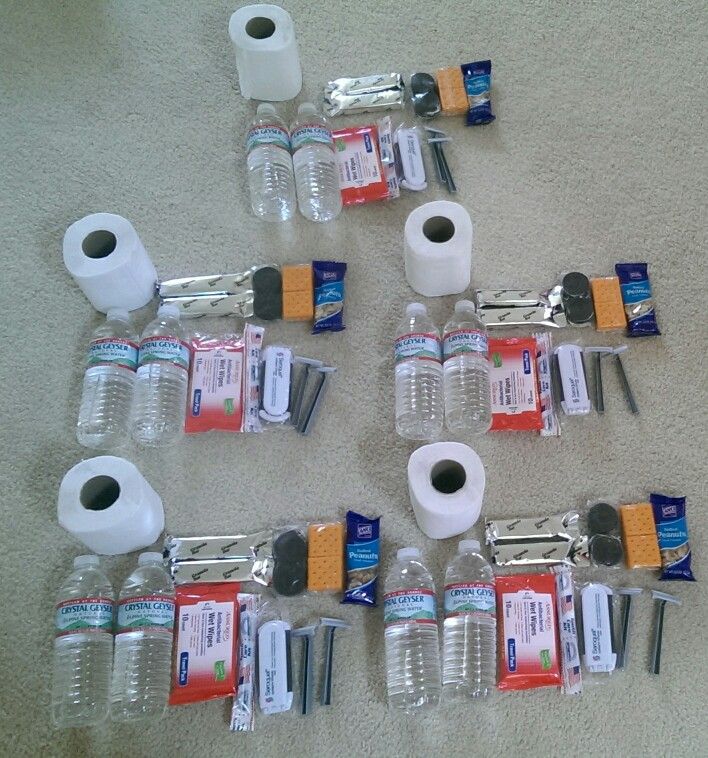The Guide to Getting Your Kids to do Homework and Create Study Habits
Image credit
There are times when we can’t blame kids for not wanting to do their homework or study. The pressure and the amount of work they are required to finish daily is monumental nowadays that parents get stressed just listening to their kids rant about it.
For instance, Singapore IB schools have additional subjects they need to pore over other than the usual Math and Science. Study habits that we had growing up may not apply to the workload they have now. This means we need to help them find ways to make studying exciting and to make sure they look forward to doing homework even just a tad bit.
Here are some of the ways we can do that.
Create an atmosphere of learning
Reading is the most fundamental part of learning. If we can create an environment at home which encourages reading, that is the most vital first step in making sure we cultivate a love for learning.
It starts with letting them choose what they want to read first. There should be no pressure with the kinds of books that they should be reading, not even a list of allowed books in the house. Let them decide what they want to read. This will help develop their vocabulary and process concepts at their own pace.
For younger kids, you can read to them daily or ask them to read stories aloud so you can guide them. Have a family reading time so they can include this in their routine. Just 20 minutes of reading is more than enough to get the ball rolling.
Let them take control
The last thing you want is to hover over them because kids find that suffocating. Make sure they know that they’re in control and that you’re their passenger. You can ask them what they need to help them get started with the work like food you can prepare or an area in your house you can reserve for them. But allow them to have control over their learning experience.
Encourage them to study everyday
This might sound like a chore, but studying everyday actually helps reduce what they need to study for their exams. Think about it: if they start reading and re-reading lessons every day, they won’t even have to study on the day before the exam. What you need to help them with is not to treat is as a tedious task. Opening their notebook while they’re watching something on TV might help relax them as they’re sifting through their notes.
Experiment on learning styles
Children have different learning curves and therefore require different learning styles. It’s important that you and your kids know what works for them so that they can adjust their studying habits. For instance, there are kids who are more visual, so maybe you can provide them with multi-colored pens and highlighters so they can create their own visual reviewer. Others are more auditory, so you can ask the school for permission for their kids to record lectures.
Being able to create a learning environment at home may take a while, but it’s a partnership between you and your children. Guide them in the process, but allow them the freedom to dictate how they’re going to accomplish their tasks.




